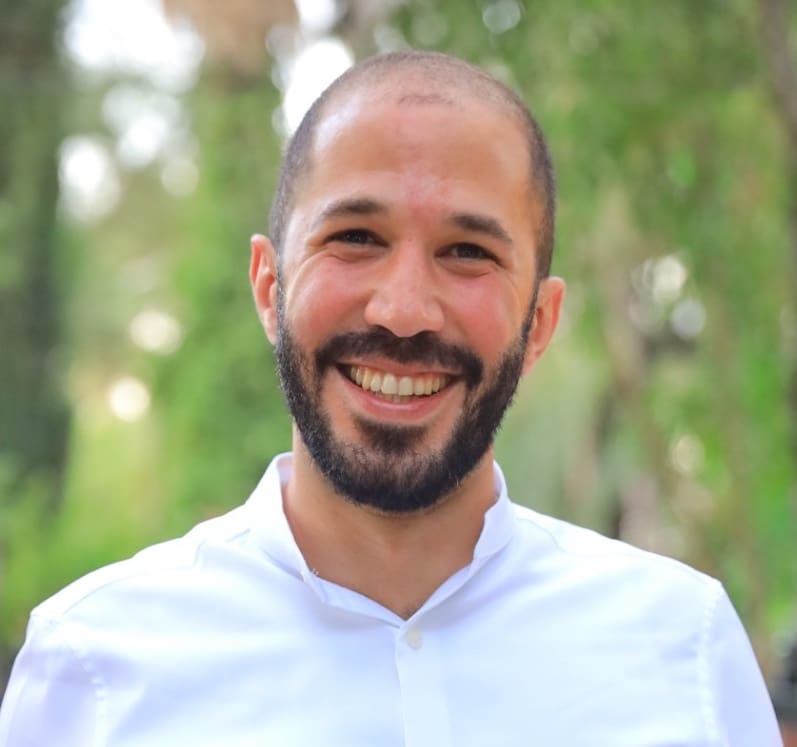Basil Farraj is an Assistant Professor at the Department of Philosophy and Cultural studies, Birzeit University. He is currently working on a research project that explores the global circulation of carceral practices, funded by the Arab Council for the Social Sciences (ACSS) and hosted by the Institute for Advanced Study in the Global South at Northwestern University in Qatar (IAS_NUQ). Basil’s research addresses the intersections of memory, resistance, and art by prisoners and others at the receiving end of violence. Basil has conducted research in several countries including Chile, Colombia, and Palestine.
From this author
On January 15, 2025, Qatar announced a ceasefire agreement between the Israeli regime and Hamas. The long-awaited deal, mediated by Qatar, Egypt, and the United States, promised an end to 15 months of genocidal assault on Gaza, during which Israeli forces killed at least 64,260 Palestinians and reduced much of the strip to rubble.
While the implementation of the ceasefire offers critical relief for Palestinians in Gaza who have been enduring and resisting genocide, skepticism remains over the feasibility of its full implementation. In this roundtable, Al Shabaka analysts Shatha Abdulsamad, Basil Farraj, Talal Abu Rokbeh, and Diana Buttu weigh in on the different aspects of the ceasefire deal and what they mean in the broader context of Israeli settler colonial occupation of Palestine.




+
Since the assault on Gaza began in October, 2023, tens of thousands of Palestinians have been killed, injured, or missing, likely buried under the rubble of their homes or shelters. Nearly two million Palestinians in Gaza have been displaced, with cold, thirst, and hunger ravaging the entire population. While the world deliberates on the technicalities of genocide, Israeli colonization of the West Bank and disruption to Palestinian life there has only accelerated.




+
In light of the death of political prisoner Khader Adnan, Al-Shabaka analyst Basil Farraj joins host Yara Hawari to discuss Palestinian prisoners’ hunger strikes. Farraj explains how hunger strikes function as a resistance tactic, allowing prisoners to reclaim their power over life and death from the Israeli incarceration regime.


Administrative detention is central to the Israeli regime’s attempts to suppress Palestinian mobilization. Al-Shabaka policy analyst Basil Farraj shows how Palestinian administrative detainees have continuously resisted this policy and demanded an end to its widespread and arbitrary use. He offers recommendations to Palestinian civil society organizations, national stakeholders, and solidarity groups for how to support the ongoing Palestinian prison intifada.

Basil Farraj· Aug 2, 2022
As these words were being written, three Palestinian prisoners were on hunger strike in protest against their imprisonment without trial, a practice cloaked by the anodyne sounding term “administrative detention”. Sami Janazra was on his 69th day and his health has sharply deteriorated, Adeeb Mafarja was on his 38th day, and Fuad Assi was on his 36th. These prisoners are amongst at least 700 Palestinian prisoners in Israeli jails who are currently being held in administrative detention, a practice that Israel routinely uses in violation of the strict parameters set by international law.

Basil Farraj· May 12, 2016














